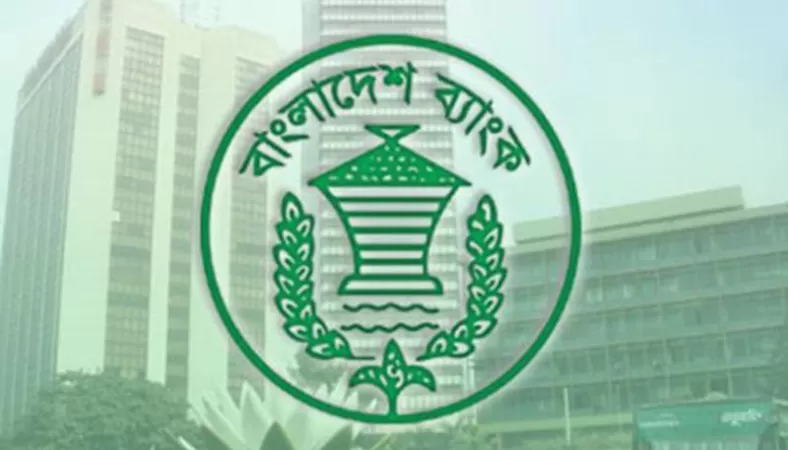
EDF interest rate goes up yet again

The Bangladesh Bank has yet again increased the Export Development Fund (EDF) loan interest rate, raising it to 4 per cent, which will come into effect from November 13 in a bid to tackle the steady decline of foreign exchange reserves, by discouraging borrowers.
On July 20, the regulator had increased the EDF loan interest rate from 2 per cent to 3 per cent.
Such hikes came at a period when its major beneficiary – the readymade garment sector – is struggling to survive due to low export orders and earnings, deferring of shipments and delayed export payments.
ALSO READ — BB raises EDF loan interest rate to 3%
Industry insiders said the central bank move will create additional pressure while they are already failing to clear back-to-back Letter of Credits (LCs) on time, and the commercial banks are issuing forced loans with high exchange rate to pay for liabilities.
Speaking to The Business Post, the Bangladesh Knitwear Manufacturers and Exporters Association (BKMEA) Executive President Mohammad Hatem said, “It is totally unexpected. We hoped that the government would provide us with good policy support to help us tackle the crisis, but the move will put us under more pressure.
“I suspect that the hike in EDF interest rate was made on the International Monetary Fund’s recommendation. This decision is however detrimental to the apparel industry.”
According to a circular issued on Tuesday by the regulator’s Foreign Exchange Policy Department, authorised dealer (AD) banks will collect funds from the EDF at 2.5 per cent interest from the central bank, which was 1.5 per cent earlier.
Export-oriented apparel manufacturers said the EDF interest rate directly impacts their production costs, because they depend on imports for the lion’s share of their raw materials. The sector posted a value addition of 54.37 per cent in FY22, show central bank data.
Due to the ongoing global financial crisis, most of the export destination countries are facing record high inflation, which has reduced consumer purchase capacity. So, brands have a huge volume of clothes in stock, and buyers are asking apparel makers to reduce product prices.
The Bangladesh Garment Manufacturers and Exporters Association (BGMEA) Director Faisal Samad told The Business Post, “Although the central bank increased the EDF loan interest rate to tackle dwindling forex reserves, the move will increase our production costs.
“Amid the situation, the commercial banks also have some responsibilities to support us as stakeholders. The Bangladesh Bank fixed the ceiling at 4 per cent, but banks could charge less. Otherwise it will be difficult for us to survive.”
In 1989, the central bank established a $300 million EDF to facilitate financing in foreign currency to support the procurement process of manufacturers and exporters. The fund size gradually increased, reaching $3.5 billion to $5 billion on April 7, 2020.
The fund was later increased to $6 billion, and the interest rate was cut to 2 per cent. Exporters can borrow in foreign currency from the EDF to buy raw materials and components for export products. The fund is aimed at facilitating export growth.
The fund size was increased to $7 billion from $6 billion in March this year to meet the growing demand among exporters.
Editor & Publisher: S. M. Mesbah Uddin
Published by the Editor from House-45,
Road-3, Section-12, Pallabi, Mirpur
Dhaka-1216, Bangladesh
Call: +01713180024 & 0167 538 3357
News & Commercial Office :
Phone: 096 9612 7234 & 096 1175 5298
e-mail: financialpostbd@gmail.com
HAC & Marketing (Advertisement)
Call: 01616 521 297
e-mail: tdfpad@gmail.com